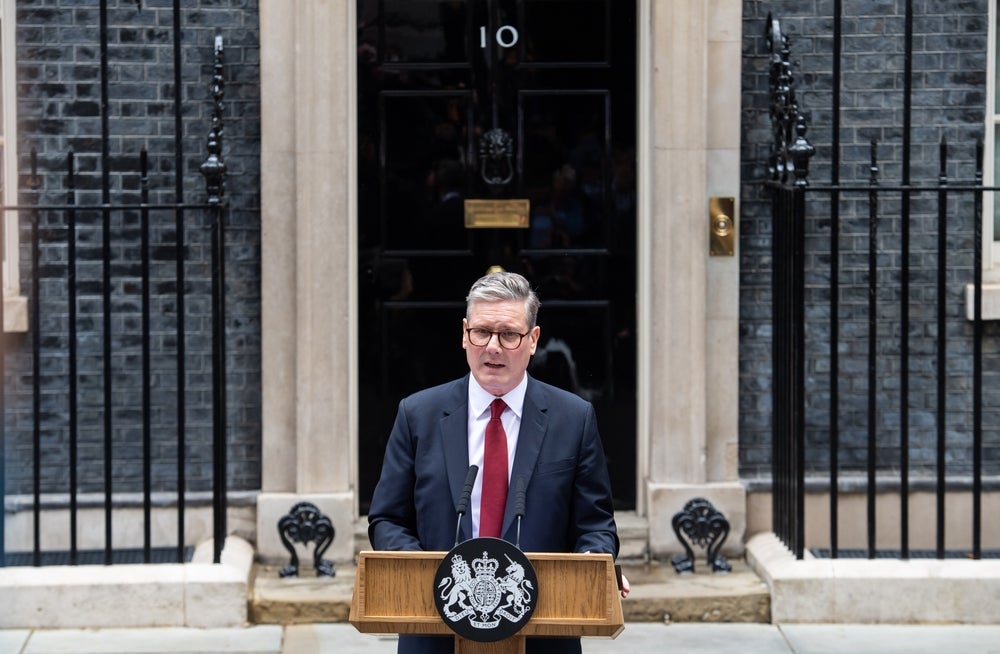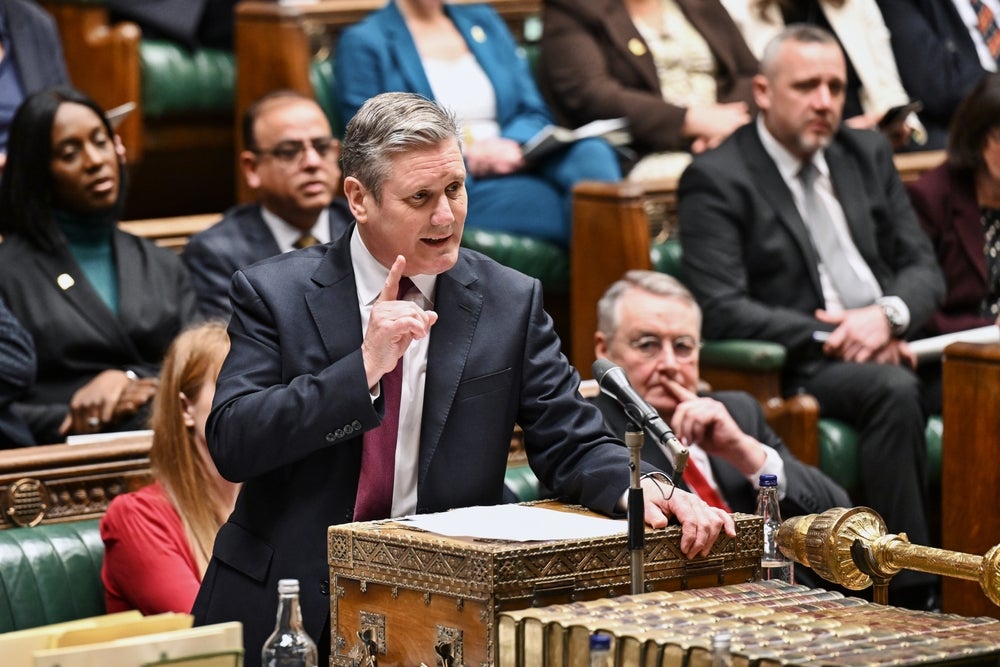The US audit profession has defended the role
of auditors in the financial crisis but suggested greater
transparency could help prevent future crises. This week,
regulatory bodies and standard setters were called as witnesses to
a US senate committee hearing on the role the accounting profession
should play in preventing another financial crisis.
At the Dirksen Senate Office Building,
Securities and Exchange Commission (SEC) chief accountant James
Kroeker said in the aftermath of the financial crisis SEC
enforcement teams are still pursuing cases stemming from actions
that contributed to it, following settled enforcement actions
involving Countrywide Financial, American Home Mortgage, New
Century, IndyMac Bancorp, and Citigroup.
“There is reason to consider the extent to
which improper, fraudulent, or inadequate financial reporting
relating to GAAP reported results or to disclosures outside of the
audited financial statements played a role in the financial
crisis,” Kroeker added. “When poorly performed audits contribute to
or fail to detect financial reporting abuses, there are existing
mechanisms for dealing with such misconduct, including SEC or
Public Company Accounting Oversight Board (PCAOB) enforcement
actions. For our part, we will continue to prosecute those who fail
to comply with their obligations.”
The SEC said it will look for ways to improve
the financial reporting system in partnership with the Financial
Accounting Standards Board (FASB) and the PCAOB.
Fair value accounting
FASB chairman Leslie Seidman defended the use
of fair value accounting stating it was not a primary cause of the
financial crisis.
How well do you really know your competitors?
Access the most comprehensive Company Profiles on the market, powered by GlobalData. Save hours of research. Gain competitive edge.

Thank you!
Your download email will arrive shortly
Not ready to buy yet? Download a free sample
We are confident about the unique quality of our Company Profiles. However, we want you to make the most beneficial decision for your business, so we offer a free sample that you can download by submitting the below form
By GlobalData“As the credit and financial crisis deepened
and broadened in late 2008 and early 2009, significant attention
was placed on ‘mark-to-market’, or fair value accounting, including
the effect of applying the fair value standard to report the value
of impaired securities,” Seidman said.
“The controversy reflected, in part, the
difficulty of determining the fair value of assets or liabilities
in illiquid markets. It also reflected the concern that the
accounting for problem assets held by financial institutions,
including loans, was ‘pro-cyclical’ and may have exacerbated the
crisis (even though loan losses are generally not measured at fair
value).”
Seidman said that after recommendations from
the SEC on how to improve fair value requirements, including the
need for improved guidance on the determination of fair value in
illiquid markets and the reporting of impairments, FASB made
improvements in late 2008 and early 2009 by issuing three staff
positions.
Since April 2009, the FASB has continued to
make targeted amendments to fair value guidance addressing:
- How to measure liabilities at fair
value; - How to measure investments in certain
companies that calculate net asset value per share; and - How to improve disclosures about fair value
measurements.
The standard setter also plans to issue minor
amendments to existing GAAP requirements later this month.
Auditors not responsible
Both former SEC chief accountant Lynn Turner
and Center for Audit Quality executive director Cynthia Fornelli
emphasised that auditors are not the cause for the financial
crisis.
“Following the past several years of global
economic turmoil, there have been extensive examinations by panels
and commissions to identify the root causes of the financial crisis
and determine what could be done to reduce the risk of a future
similar crisis,” Fornelli said.
However, she added auditors “do have a
responsibility to examine their role in light of lessons learned
from the crisis and consider what improvements can be made in audit
standards and what more they can contribute to market integrity and
investor protection”.
Turner said: “[Auditors] failed to act on and
provide information available to investors. This left investors
much like the ship Titanic as it approached an unforeseen iceberg,
without any red flags or warnings of the imminent dangers. In doing
so, the auditors helped contribute to a crisis in confidence.”
Auditor watchdogs
Anton Valukas, who investigated the collapse
of investment bank Lehman Brothers, told the committee auditors
serve a critical role in the proper functioning of public companies
and financial markets, and should serve as watchdogs providing an
independent check on management for boards of directors and audit
committees.
“The investing public is entitled to believe
that a clean report from an independent auditor stands for
something. The public has every right to conclude that auditors who
hold themselves out as independent will stand up to management and
not succumb to pressure to avoid rocking the boat.”
However, Valukas said he did not believe
regulators or auditors could have prevented Lehman Brothers
collapse.
“Lehman failed in part because it was unable
to retain the confidence of its lenders and counterparties and
because it did not have sufficient liquidity,” Valukas said.
SOX amendment needed
PCAOB chairman James Doty called for the
Sarbanes-Oxley Act to be amended to allow public disclosure of
auditor disciplinary hearings.
“The auditors and audit firms charged with
violating applicable laws, rules or standards have little incentive
to consent to opening the case against them to public view and, in
fact, none have ever done so,” Doty said.
“On the contrary, the fact that, absent
consent, PCAOB disciplinary proceedings are required to be secret
creates a considerable incentive to litigate. PCAOB disciplinary
proceedings remain non-public even after a hearing has been
completed and adverse findings made by a disinterested hearing
officer, if the auditors and firms do not consent to make the
proceedings public and opt to appeal. Litigation postpones — often
for several years — the day on which the public learns the PCAOB
has charged the auditor or firm, the nature of those charges and
the content of adverse findings… This state of affairs is not good
for investors, for the auditing profession or for the public at
large.”
Greater transparency
The Chamber of Commerce’s Center for Capital
Markets Competitiveness vice president Thomas Quaadman called for
less reliance on prescriptive rule-making by standard setters and
greater transparency.
“For decades, standard setters have been
operating under inadequate rules and guidance, resulting in the
impairment of financial reporting and as a contributing factor that
escalated the financial crisis,” he said.
“In order to prevent the next crisis we must
address the fundamental flaws with the system.”
It has not yet been announced when a report
will be issued by the Senate Committee on Banking, Housing, and
Urban Affairs.






